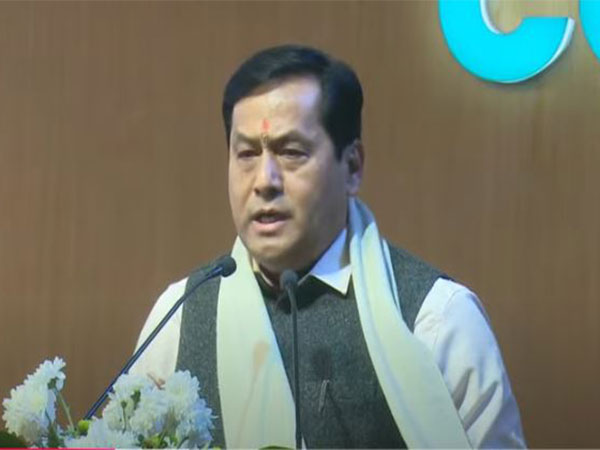The development of the National Maritime Heritage Complex at Gujarat’s Lothal is set to serve as a monumental tribute to India’s ancient maritime history, bringing to life the technological advancements, trade routes, and cultural exchanges that our ancestors pioneered, Union Minister for Ports and Shipping, Sarbananda Sonowal, said on Wednesday.
Speaking at the India Maritime Heritage Conclave held in the national capital, the Union Minister said the development of NMHC aligns perfectly with the Prime Minister’s vision of a new India, where the country is not only reclaiming its past but also preparing for a future where it can be a dominant force in the maritime sector.
“Lothal, one of the important Harappan cities, was a thriving maritime hub over 5,000 years ago.
The National Maritime Heritage Complex will serve as a monumental tribute to India’s ancient maritime history, bringing to life the technological advancements, trade routes, and cultural exchanges that our ancestors pioneered,” he added.
The Union Cabinet in October approved the development of the National Maritime Heritage Complex (NMHC) at Lothal, Gujarat.
The project will be completed in two phases. The Cabinet also accorded in-principle approval for Phase 1B and Phase 2, as per the master plan, by raising funds through voluntary resources/contributions and executing them after the funds are raised.
The construction of the Lighthouse Museum under Phase 1B will be funded by the Directorate General of Lighthouses and Lightships (DGLL).
As per the Prime Minister’s vision to showcase India’s 4,500-year-old maritime heritage, the Ministry of Ports, Shipping, and Waterways (MoPSW) is setting up a world-class National Maritime Heritage Complex (NMHC) at Lothal.
Vice President Jagdeep Dhankhar was also present at the conclave today. Speaking on the occasion, he said the museum was India’s commitment to owning its sea legacy.
“Our maritime heritage is inextricably woven into the fabric of India’s ancient civilization. Southern dynasties like the Cholas revolutionized maritime commerce. The National Maritime Heritage Complex in Lothal exemplifies the very commitment to owning our sea legacy. It is gratifying to note that this is one of several initiatives taken by the government in the past decade in this direction. The maritime sector facilitates an extraordinary 95% of India’s trade volume. India is strategically developing its blue economy,” he said.
The objective of this conclave is to delve into India’s past maritime heritage through insightful sessions, discussions, and compelling narratives that highlight the lives of coastal communities, trade routes, and pivotal maritime events that have played a vital role in shaping its cultural and economic trajectory.
Spread across two days at Yashobhoomi, New Delhi, the conclave features a series of sessions exploring diverse themes, from ancient trade networks to contemporary maritime advancements.
(With inputs from ANI)




















